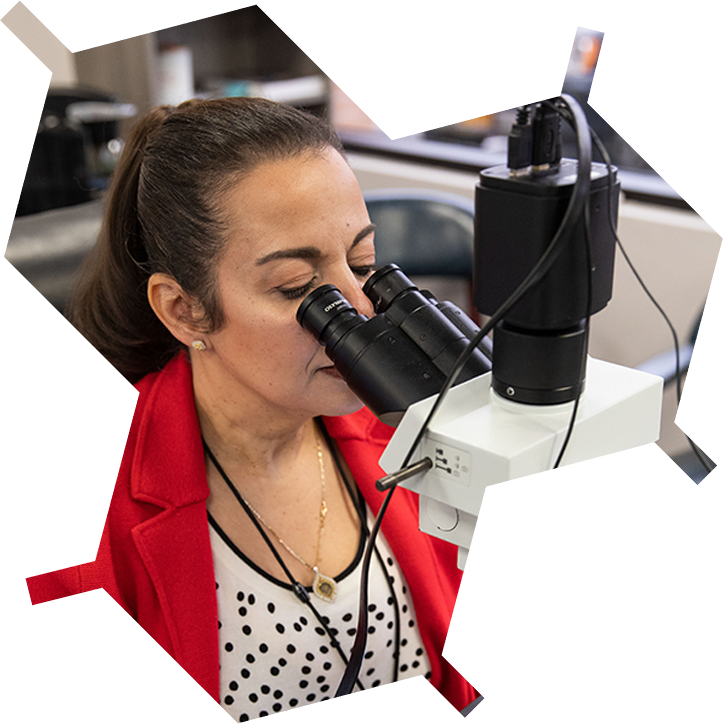At Core Medical Laboratories we specialize in providing a wide variety of medical laboratory tests from a single location. By offering more than 100 different kinds of clinical tests, we are able to save our patients the time and stress of having to visit multiple labs.
We strive to provide the most innovative, state of the art, testing using cutting edge medical technologies. Our experienced, board-certified staff also endeavor to provide the most optimum care for our patients.
By combining the latest technologies with the most knowledgeable medical professionals, Core Medical Laboratories is able to take a lot of the worry out of getting medical testing done.
Learn more about some of the types of medical testing we provide at Core Medical Laboratories!

Clinical Chemistry is the standard method of testing to measure the various levels of chemicals in a patient’s bodily fluids. Generally when your medical practitioner requests that you “go to the lab for tests,” before a physical, Clinical Chemistry tests are what he or she is asking for.
By providing samples of both blood and urine, medical practitioners will be able to see accurate levels of chemical components including electrolytes, blood glucose, hormones, enzymes, lipids, and proteins.
By being able to observe the levels of the various chemical components found in blood and urine samples, physicians are able to observe whether a patient is showing any precursors or symptoms of disorders.

Hematology is the study of blood and disorders associated with blood. Hematology tests at Core Medical Laboratories are used to observe the various components in a patient’s blood. By observing the component’s levels, medical practitioners are able to help diagnose disorders such as hemophilia, leukemia, anemia, and infection.
Hematology blood count tests measure several components and features of a patient’s blood, including:

The Prosigna Breast Cancer Prognostic Assay is a means of testing the possibility of recurrence for up to 10 years in female breast cancer patients. Approved by the U.S. Food and Drug Administration in September 2013, the test analyzes the activity of specific genes in early-stage, hormone-receptor-positive breast cancer.
By comparing results to a 58 gene signature assay, Prosigna can provide a risk category, and a numerical score, to assess the probability of breast cancer recurrence for certain female breast cancer patients.
While it cannot be used as a means of diagnosing the recurrence of breast cancer in female patients, Prosigna does allow patients to know whether they have a high or low risk of distant recurrence following five years after initial diagnosis. With this information medical practitioners are able to create a future game plan to help prevent breast cancer recurrence five to 10 years down the line.

Outside of the normal Clinical Chemistry and Hematology blood work Core Medical Laboratories also specializes in both Serum protein electrophoresis (SPEP) and Immunofixation electrophoresis (IFE).
SPEP tests measure specific proteins in the blood to help identify specific diseases. Because proteins can carry a positive or negative charge, SPEP uses an electrical field to separate proteins in the blood into groups. These two groups, albumin and globulin, carry various substances through the blood stream and can further be broken down into five smaller groups: